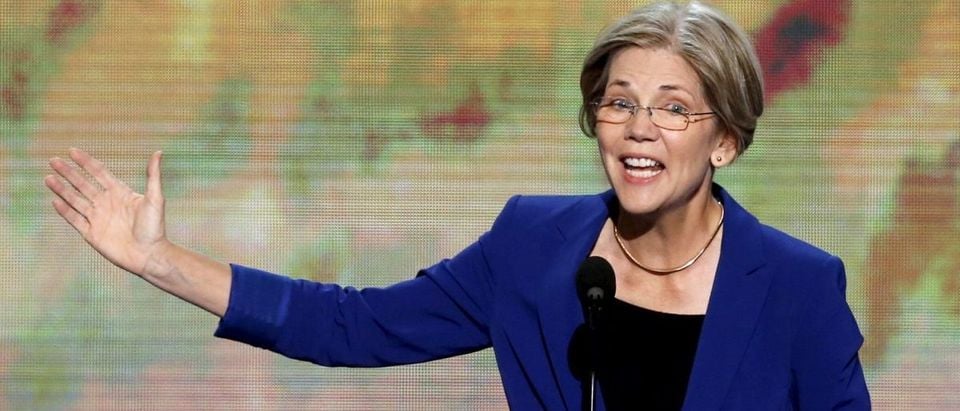For many years, one of my favorite arguments for letting parents use public money to pick their children’s schools came from a book on bankruptcy, written in 2003 by a Harvard Law School professor named Elizabeth Warren in collaboration with her daughter Amelia Warren Tyagi. Titled The Two-Income Trap, it punctured the myth that the major cause of bankruptcy was over-spending at the mall, fancy vacations, eating out too often, or some other stereotype of financial profligacy.
The real problem, Warren persuasively argued, was parents stretching themselves to afford homes in the relatively few communities with decent public schools. “What’s happening today,” she wrote, “is that young parents buy houses with just three thoughts in mind: schools, schools, and schools.”
Well after publication, Warren continued to promote her book and, more importantly, its critical policy conclusion: that giving parents a taxpayer-funded scholarship to spend at any school of their choice, public or private, would relieve them “from the terrible choice of leaving their kids in lousy schools or bankrupting themselves to escape those schools.”
“[Parents’] confidence in the public school system is in shambles,” Professor Warren told CommonWealth, a Massachusetts policy quarterly. “It’s crumbled. So parents are trying to pick among the ruins to find the school districts they believe represent a decent chance for their children to make it safely through school … But as it becomes harder and harder to find good school districts, the prices in those particular zip codes keep going up.”
Her free-market solution: “Decouple school assignment and zip code … then the economic pressure on families would be released almost immediately.”
A brave and admirable commitment to serious school reform by any Democrat. But in the months leading up to September of 2011, when she announced her intention to run for Scott Brown’s Senate seat in the very blue state of Massachusetts – where teacher unions are very powerful – Warren’s previously impassioned arguments for school choice mysteriously stopped.
In fact, one can do a web browser search on “Elizabeth Warren, school choice” or “Elizabeth Warren, school reform” and not find a single word in favor of education vouchers since then.
Reportedly now on Secretary Clinton’s short list of potential running mates, it is understandable that Sen. Warren would want liberal Democrats to think her policy career began, not in 2003, but with her 2010 appointment as Special Advisor to the newly formed Consumer Financial Protection Bureau.
It is equally understandable why she would want to stress her subsequent advocacy of such pet progressive issues as strict bank regulation, strong money laundering laws, and increases in the minimum wage – although it is hard to imagine anything more helpful to consumers than the ability to educate their children without having to risk bankruptcy.
Even with the long history of liberal politicians hypocritically sending their own kids to private schools, having it come out that she has chosen a one-time advocate of publicly funded school vouchers as her running mate would be an obvious embarrassment for Secretary Clinton. But the greatest damage would be to Sen. Warren’s own carefully cultivated image of principled crusader, a champion for the poor and middle class who never compromises with big money or potential campaign contributors.
The teacher’s unions may be quietly reassured by Warren’s obvious sensitivity to their interests. But in a year when people want the kind of authenticity that is already in short supply at the top of the presumed Democrat ticket, the rank and file likely would not.


